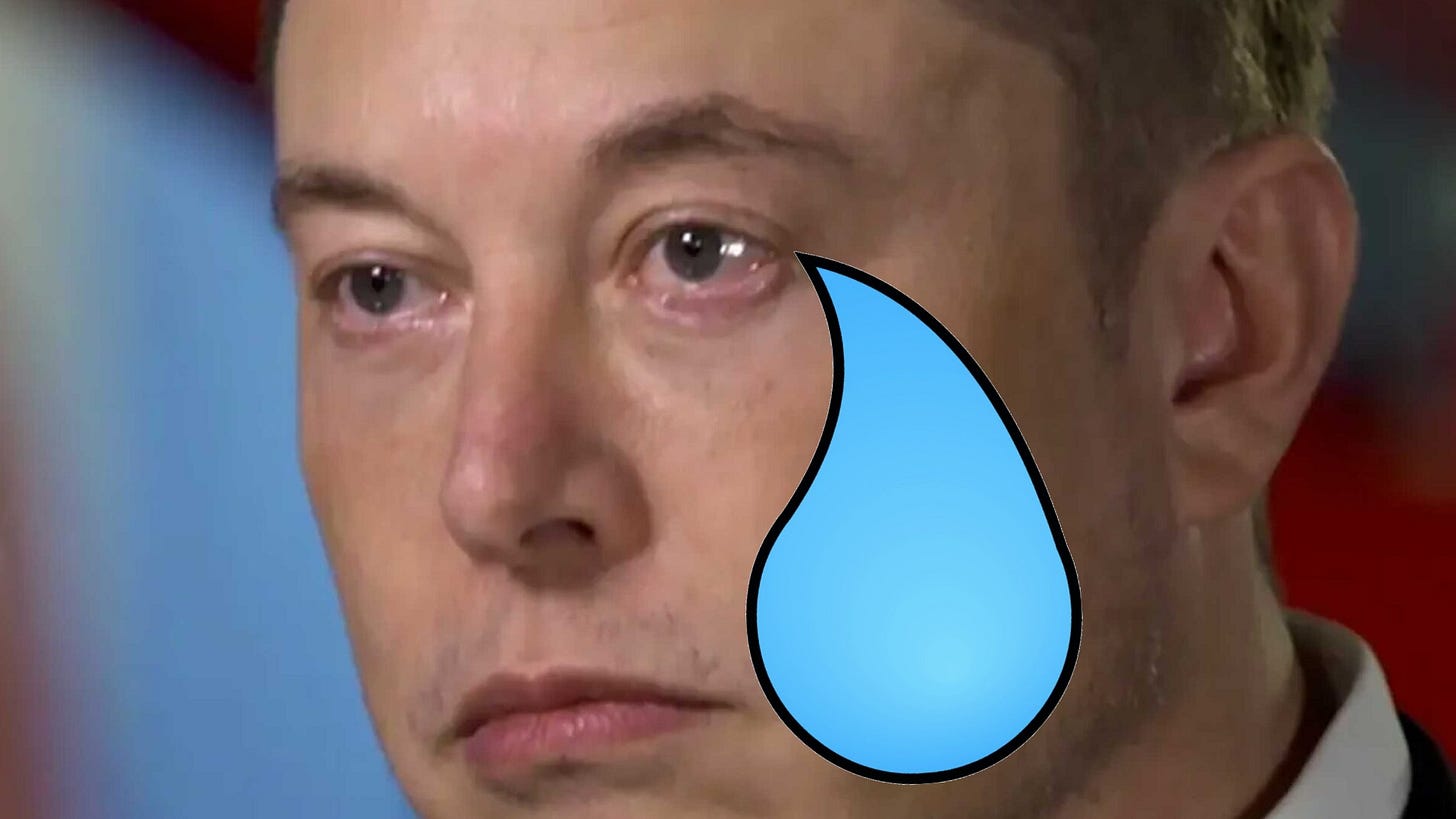We Are All Tenderqueers Now
From organizing meetings to the Trump admin, feelings reign supreme.
I went to college at a small liberal arts school in Western Massachusetts called Hampshire, where most people, including, at one point, me, were convinced we were the revolutionary vanguard on the verge of ushering in some kind of leftist, antiracist future, and where most people, including me, came from some degree of privilege.
My third year was a particularly contentious time on campus. Some edgelord white students had draped a Confederate flag in their dorm window. Protests were held. Flyers were made. Teach-ins were taught.
I was young and confused and angry and wanted to help and became involved in many of these things.
But my breaking point was the night I attended the White Allies meeting. About 30 white people sat in a circle in a classroom at the center of campus to discuss how we could most effectively use our privilege. We were instructed to, one by one, say our names, our pronouns, our favorite ice cream flavor, and what weather pattern our emotion that day might be represented by. “I’m Paris, I love strawberry ice cream, and I’m feeling like a cumulonimbus cloud, fluffy, but with the potential for danger…” By the time we’d reached the end of the circle, it’d been over an hour. There was no conclusive decision made that night as to how we could help Black students on campus. The only thing we seemed able to agree upon was that we were white, and thus we should feel guilty, and also, apparently, like various forms of weather.
Hampshire was in a bucolic little town surrounded by post-industrial cities grappling with extreme poverty. Springfield, Hartford, Holyoke, Worcester—places where systemic racism was literally killing people, driving them to drug addiction, leaving them homeless. Very few people from Hampshire ever ventured into those places.
In my fourth year, when I got an internship at a local NPR station and began reporting in many of these mid-sized cities, I started to feel furious at my “anti-racist” education at Hampshire. Not because I minded learning about racism and my complicity in it, but because we weren’t actually doing anything. We were sitting there. Discussing our feelings. While communities around us withered away. Sure, the feelings I and all the other white people on campus had were the correct ones—guilt, shame, a desire for change—but at the end of the day, feelings did not, and do not, accomplish anything.
Actually, that’s not true. Feelings can accomplish a lot: they enable the centering of those experiencing them, pulling the gravity of the world inwards, like a black hole, sucking in anything material until reality itself is warped into the shape of the feeling-haver, and thus solely within their control.
Though it’d be easy to make fun of us white people at a small liberal arts college in the early 2010s for our myopia (and, please, do!), I actually think in some ways we were the vanguard of a cultural revolution of sorts: in the last 15 years, we’ve become an increasingly feelings-based society, one in which reality has ceased to matter, or really even exist, as it has become increasingly warped by the emotional-gravitational pull of each and every individual, regardless of their political persuasion. We might not agree upon much these days, but on one thing we can all agree: wah wah wah.


